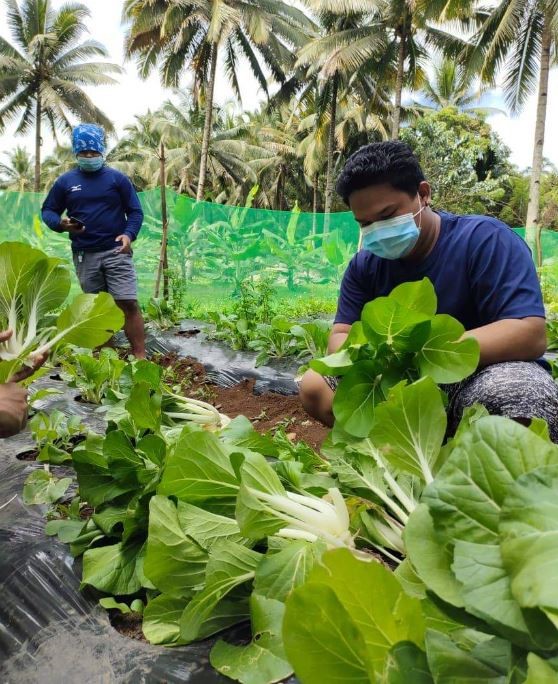DESPITE the city government’s support, preparedness must come from farmers themselves, an official of the City Agriculturist’s Office said.
CAO stressed that rice production in the city remains stable but farmers must brace against the impact of El Niño on cultivation.
“Dapat prepared ta, naa tay gina-andam if ever naay mga kalamidad, dili lang huwaw, even infestation sa peste, pangandaman jud na nato,” CAO rice production focal person Pablita Almador said during the Madayaw Dabaw radio broadcast on Dec. 27.
“Dili lang ta magsalig nga naay taga Department of Agriculture ug naay taga CAO, personally kita nga mga mag-uuma naa pod tay sarili nga diskarte unsaon pagsagubang, kay kita ang nakabalo sa unsay landscape sa atong tagsa-tagsa ka uma (We should not rely on the Department of Agriculture. We as farmers must also be creative in facing the challenges because we know the landscape of our respective farms),” she added.
Almador said the current state of the city is still “okay” as occasional rains are still felt. However, these are El Niño-related rains. Compared to the city, other regions are experiencing temperature rise.
The official stressed the CAO is not confident with these occasional rains and is prepared in case of a potential escalation as plants and crops are the direct casualties of climate change.
Department of Science and Technology (DOST) Secretary Renato Solidum earlier said some parts of the Davao Region will not be affected by drought and dry conditions. The latest report revealed that El Niño may persist from December 2023 until the first half of 2024, which will peak in April.
However, the department is forecasting a possible rainfall, which is slightly normal or below normal which will be felt from May to June.

